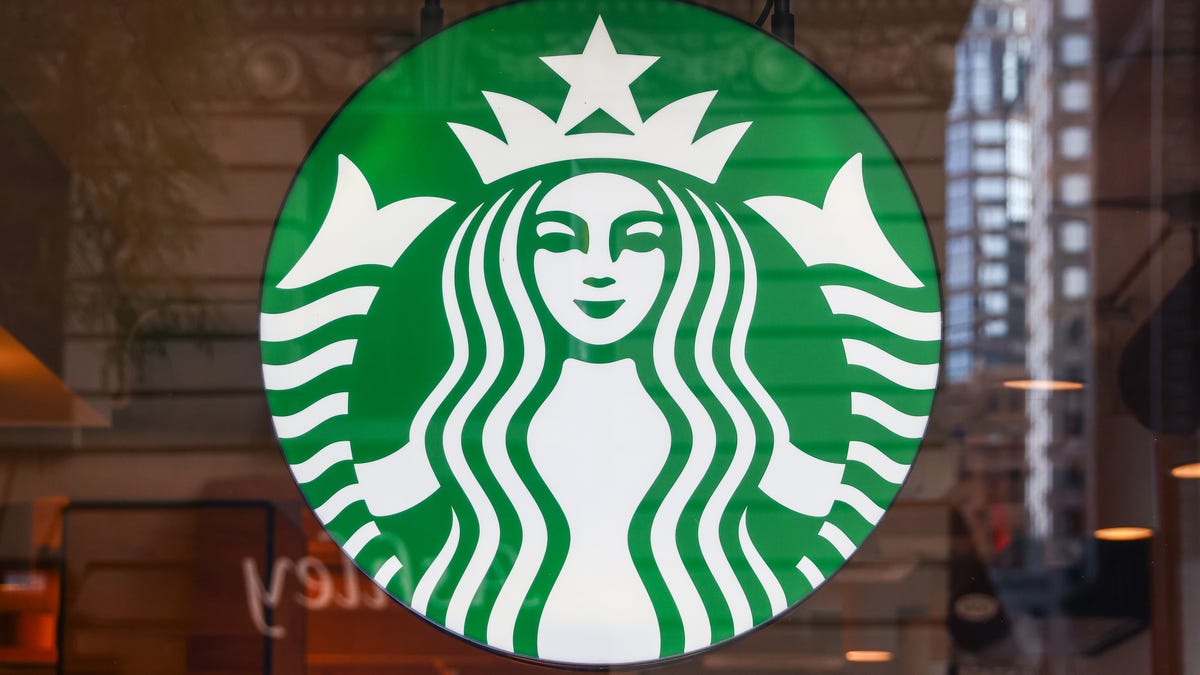Bussiness
Starbucks should make a bold move in China to boost its business, Bank of America says

In This Story
Starbucks (SBUX) may benefit from licensing its operations in China, Bank of America (BAC) said in a research note. The firm notes that “spinning China” could enhance the value of the coffee chain as it navigates a challenging market environment.
“China is more volatile, less profitable, and slower growth,” BoA analyst Sara Senatore said.
The report points out that Starbucks’ same-store sales growth (SSSG) in China closely tracks that of other global brands, as well as broader macroeconomic indicators including gross domestic product (GDP) growth and inflation.
“It’s unsurprising to us that Starbucks’ SSSG has been sluggish and ticket growth negative,” BoA analysts said. Despite rising interest in coffee, China’s consumption remains significantly lower than that of Japan at similar stages of development, and a “steep adoption curve may not offset” this gap.
Given these challenges, shifting to a licensing model in China could free up resources and allow Starbucks to better leverage its strengths in the U.S. market, which is significantly more profitable.
Licensing the business in China could be a possibility now that Starbucks has a new CEO. Brian Niccol’s experience with Yum! Brands (YUM)’ highly franchised model and Chipotle’s (CMG) selective licensing approach in the Middle East may make him “receptive” to this strategy, BoA said. With his background, Niccol could effectively guide Starbucks toward a more efficient operational model, which could allow the company to capitalize on opportunities in both markets.
Niccol has already been looking to improve U.S. operations. During his first 100 days, he said he would spend time visiting stores and meeting with partners to implement changes, such as supporting baristas, ensuring timely delivery of drinks and food, and improving the overall in-store experience.
At the time, Niccol said the U.S. would be the initial focus, with growth opportunities in international markets including China and the Middle East coming later.










